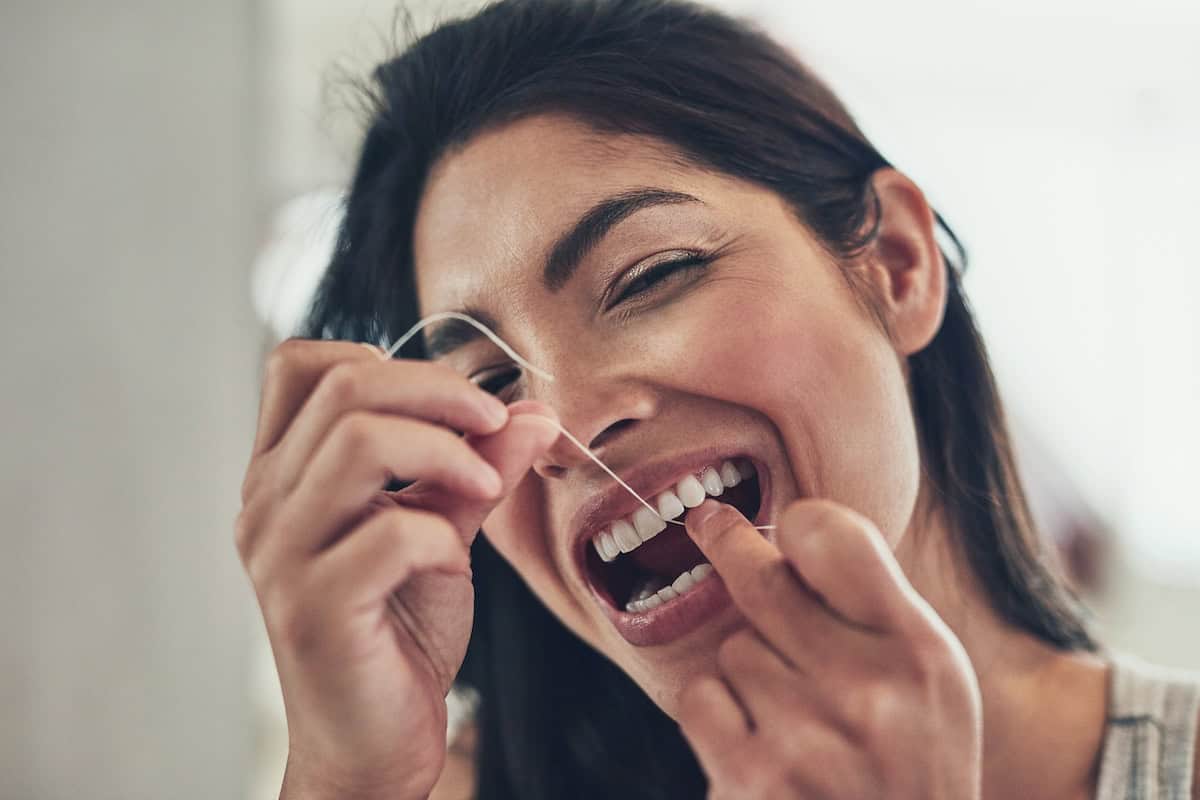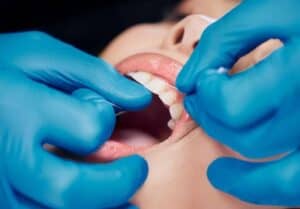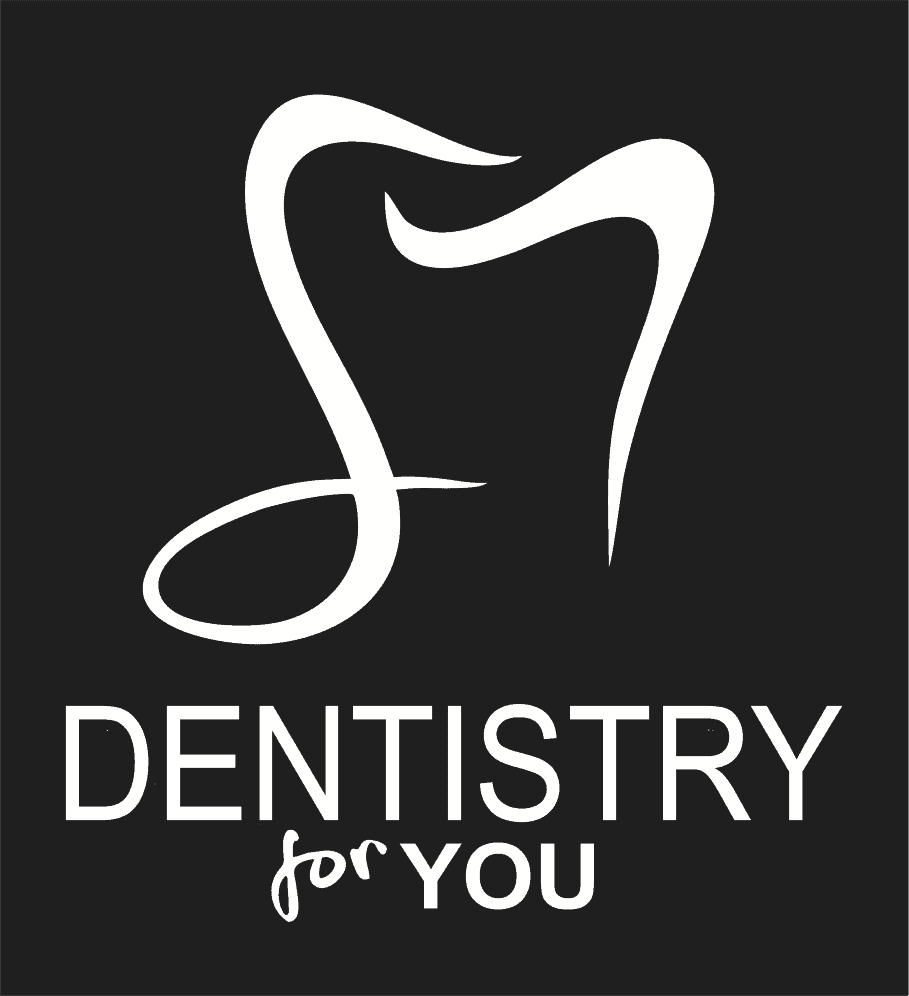
22 Jan The Surprising Benefits of Flossing: Why You Shouldn’t Skip It
Why You Should Prioritize Flossing in 2025
Flossing is one of those dental care habits that is often ignored. Many people focus on brushing and mouthwash, assuming they’ve done enough to maintain a healthy smile. But the truth is, skipping flossing can seriously affect your oral health.
Flossing is more than just an added step; it’s a key player in keeping your teeth, gums, and overall health in top shape. Let’s uncover the surprising benefits of flossing and why you should make it a daily habit.
Flossing Removes Plaque Where Your Toothbrush Can’t Reach
Your toothbrush does a great job cleaning the visible surfaces of your teeth, but it simply can’t reach the tight spaces between them. Plaque builds up in these areas, and if left unchecked, it hardens into tartar, which can only be removed by a dentist.
Flossing gets into those hard-to-reach areas, removing plaque and preventing tartar formation. By flossing daily, you’re giving your teeth and gums a better chance to stay healthy and free from decay.
Preventing Cavities Between Teeth
Cavities don’t just form on the tops of your teeth. They can develop between them too, especially when food particles and plaque are left to sit undisturbed.
Flossing helps remove these hidden particles, reducing the risk of cavities in those areas that brushing alone can’t protect. By preventing these interproximal cavities, you’re saving yourself from potentially painful dental issues and costly treatments down the road.

Protecting Your Gum Health
Neglecting flossing can lead to gum disease, starting with gingivitis, which causes redness, swelling, and bleeding gums. When plaque builds up along the gumline, it irritates and inflames your gums.
Over time, this can progress to periodontitis, a severe form of gum disease that can result in gum recession and even tooth loss. Flossing removes plaque and food debris from the gumline, keeping your gums healthy and reducing the risk of these conditions.
Reducing Bad Breath
Nobody likes bad breath, and flossing can help you avoid it. Food particles trapped between your teeth can begin to break down, creating an unpleasant odor over time. Bacteria also thrive in these hidden areas, contributing to bad breath. Flossing removes these food particles and reduces the bacterial buildup, leaving your mouth feeling fresh and clean.
Supporting Overall Health
The benefits of flossing extend beyond your mouth. Poor oral hygiene has been linked to a variety of systemic health issues, including heart disease, diabetes, and respiratory infections.
When bacteria from your mouth enter your bloodstream, they can contribute to inflammation and other health problems. Flossing helps keep harmful bacteria in check, supporting your oral health and your overall well-being.
Improving Your Smile’s Appearance
Healthy gums and clean teeth contribute to a more attractive smile. When you floss regularly, you prevent the buildup of plaque and tartar that can lead to yellowing and staining. You’ll also avoid unsightly gum issues like swelling or recession. A brighter, healthier smile can boost your confidence and make a great impression.
Flossing Helps Prevent Tooth Loss
Tooth loss often results from advanced gum disease, which starts with untreated plaque buildup. When you floss regularly, you’re taking a proactive step to protect your teeth long-term. Keeping your gums healthy and free of inflammation ensures that your teeth remain firmly rooted and functional for years to come.
It’s Never Too Late to Start
If you’ve been skipping flossing for years, you might think it’s too late to make a difference. However, that’s not the case. Starting a flossing routine now can still have a significant positive impact on your oral health. Even if you’ve already experienced some gum issues, flossing can help prevent further damage and promote healing.
How to Floss Effectively
Flossing might seem straightforward, but doing it correctly is essential for reaping its full benefits. Start with about 18 inches of floss, wrapping most of it around your middle fingers, leaving a couple of inches to work with.
Gently slide the floss between your teeth, curving it around each tooth in a C-shape and moving it up and down to remove debris. Make sure to reach below the gumline, as plaque and bacteria often hide in these areas.
Avoid snapping the floss, as this can damage your gums and cause unnecessary irritation. If you struggle with traditional floss, consider using floss picks or a water flosser to achieve similar results. Consistent and careful flossing ensures that every tooth is cleaned thoroughly, protecting your smile from cavities and gum disease.

Traditional Floss vs. Floss Picks
When it comes to flossing, both traditional floss and floss picks have their advantages. Traditional floss offers the flexibility to clean every angle of your teeth, making it easier to wrap around each tooth and thoroughly remove plaque. It’s also more effective for reaching tight spaces between teeth.
On the other hand, floss picks are convenient, especially for on-the-go use or for individuals who find traditional floss difficult to maneuver. They’re ideal for reaching back teeth without struggling with hand positioning. Ultimately, the best option is the one you’ll use consistently, so choose the tool that fits your lifestyle and makes flossing a regular part of your routine.
Teaching Kids to Floss Their Teeth
Teaching kids to floss early sets them up for a lifetime of healthy habits. Start flossing your child’s teeth as soon as they have two teeth that touch. As they grow, encourage them to take over the task themselves. Make it fun by using colorful floss picks or creating a reward system to motivate them. Helping your child develop a flossing routine now will pay off in their future oral health.
Myths About Flossing
Tips for Making Flossing a Habit
The Role of Your Dentist
Regular dental visits are crucial for maintaining oral health, and your dentist can help reinforce the importance of using dental floss daily. During checkups, your dentist can show you proper techniques and recommend tools that work best for your needs. They’ll also be able to spot any areas you might be missing and address issues before they become serious.
The Bottom Line
Flossing is an essential part of oral care that shouldn’t be overlooked. It removes plaque, prevents cavities and gum disease, and supports your overall health.
By making flossing a daily habit, you’re investing in a healthier smile and a brighter future. Whether you stick with traditional floss or explore alternatives, the key is consistency. Don’t underestimate the power of this simple practice – it truly makes a difference in your oral health and beyond.





Sorry, the comment form is closed at this time.